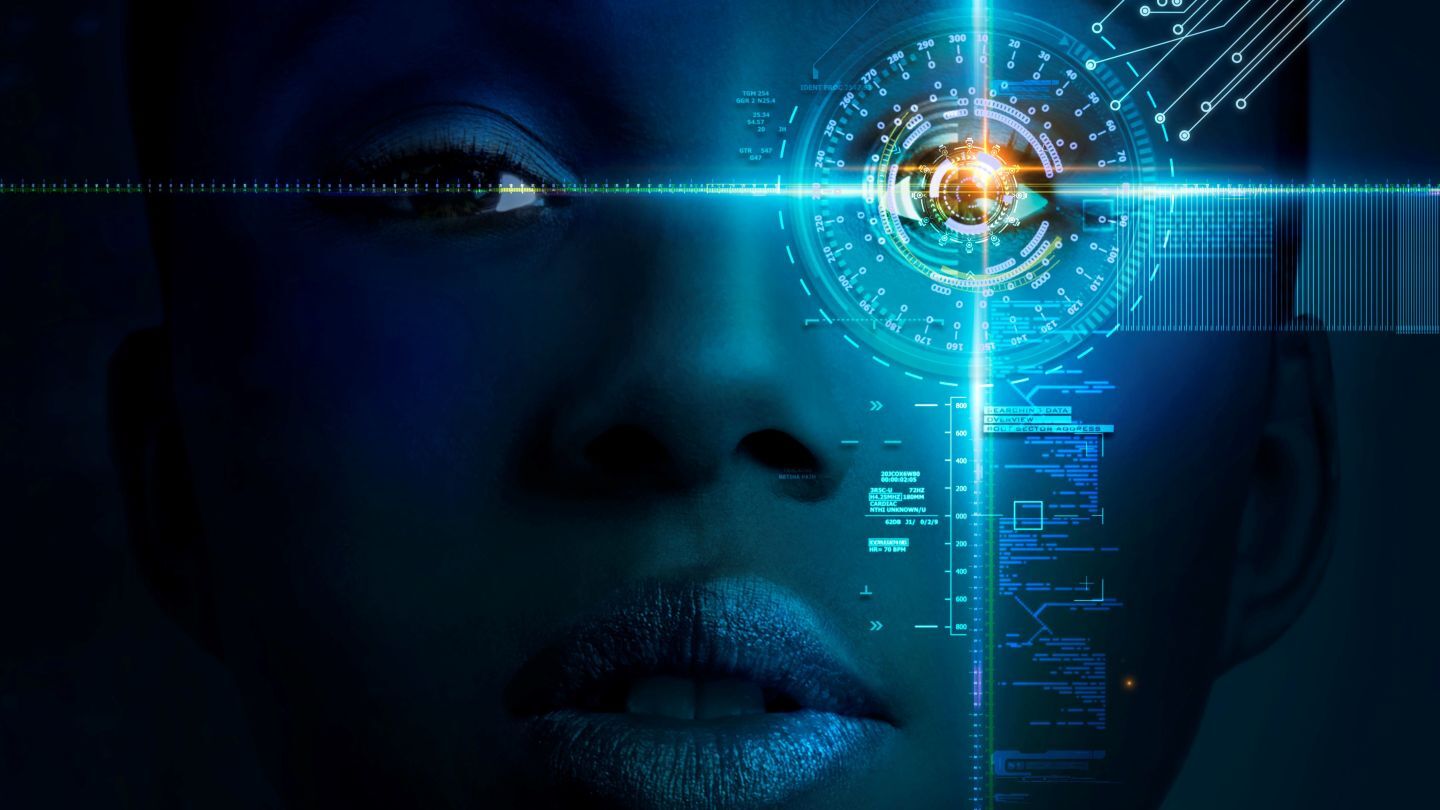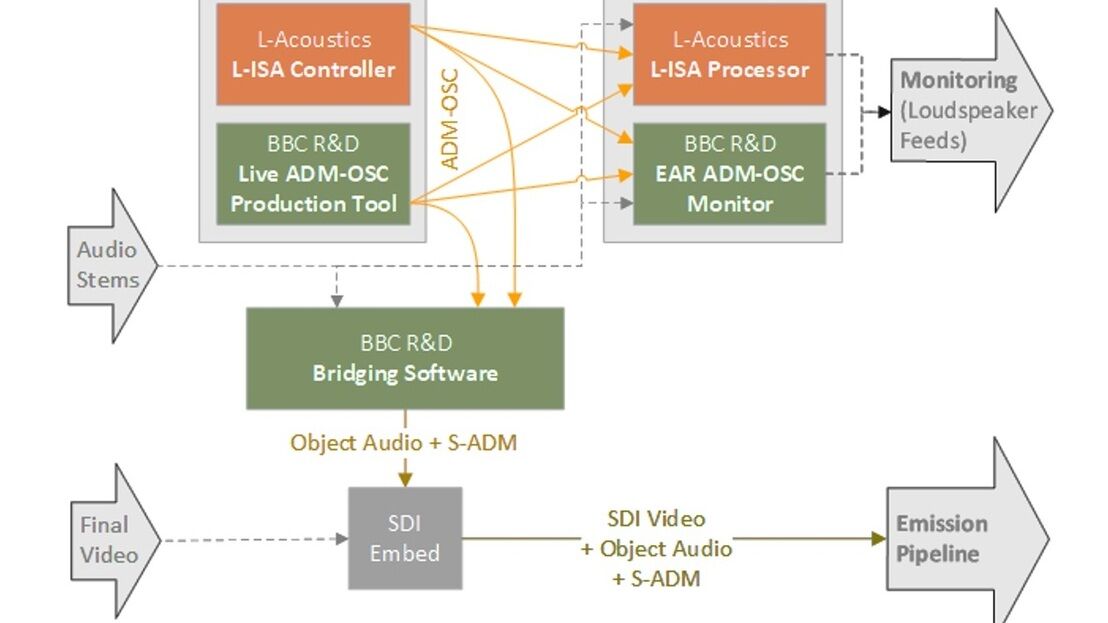This study describes the development and implementation of an AI-based natural voice synthesis and automated mixing workflow for audio description (AD) in Brazilian television drama content, with a real demonstration case of success.
The evolving landscape of media consumption underscores the crucial need for inclusivity, particularly for those with visual impairments. Audio description (AD) plays an indispensable role in making media accessible, providing a verbal representation of visual content that allows visually impaired individuals to experience films, television, and live performances in meaningful ways. As described by Audio Description provides narration of the visual elements - action, costumes, settings, and the like - of theatre, television/film, museum exhibitions, and other events. The technique allows patrons who are blind or have low vision the opportunity to experience arts events more completely - the visual is made verbal. AD is a kind of literary art form, a type of poetry. Using words that are succinct, vivid, and imaginative, describers try to convey the visual image to people who are blind or have low vision” (J. Snyder).
However, traditional methods of producing audio descriptions are fraught with challenges, including high production costs and significant time demands, which have historically limited the accessibility and timeliness of such services. According to the 2010 data from the Brazilian Institute of Geography and Statistics (IBGE) (MEC), there are approximately 6.5 million people in Brazil with significant or severe visual impairments. This statistic is supported by findings from the 2019 National Health Survey (PNS) (IBGE), which indicates that 3.4% of the population, or around 3.978 million people, experience some form of visual impairment. It is crucial to recognize that audio description benefits not only those who are completely blind but also those with partial and severe vision loss. Additionally, other groups, including individuals with intellectual disabilities and learning disorders, can greatly benefit from audio description as it serves as an alternative sensory channel that aids in quicker and more effective comprehension of visual content.
This paper offers...
You are not signed in
Only registered users can read the rest of this article.
Opportunities for emerging 5G and wifi 6E technology in modern wireless production
This paper examines the changing regulatory framework and the complex technical choices now available to broadcasters for modern wireless IP production.
Leveraging AI to reduce technical expertise in media production and optimise workflows
Tech Papers 2025: This paper presents a series of PoCs that leverage AI to streamline broadcasting gallery operations, facilitate remote collaboration and enhance media production workflows.
Automatic quality control of broadcast audio
Tech Papers 2025: This paper describes work undertaken as part of the AQUA project funded by InnovateUK to address shortfalls in automated audio QC processes with an automated software solution for both production and distribution of audio content on premises or in the cloud.
Demonstration of AI-based fancam production for the Kohaku Uta Gassen using 8K cameras and VVERTIGO post-production pipeline
Tech Papers 2025: This paper details a successful demonstration of an AI-based fancam production pipeline that uses 8K cameras and the VVERTIGO post-production system to automatically generate personalized video content for the Kohaku Uta Gassen.
EBU Neo - a sophisticated multilingual chatbot for a trusted news ecosystem exploration
Tech Papers 2025: The paper introduces NEO, a sophisticated multilingual chatbot designed to support a trusted news ecosystem.



